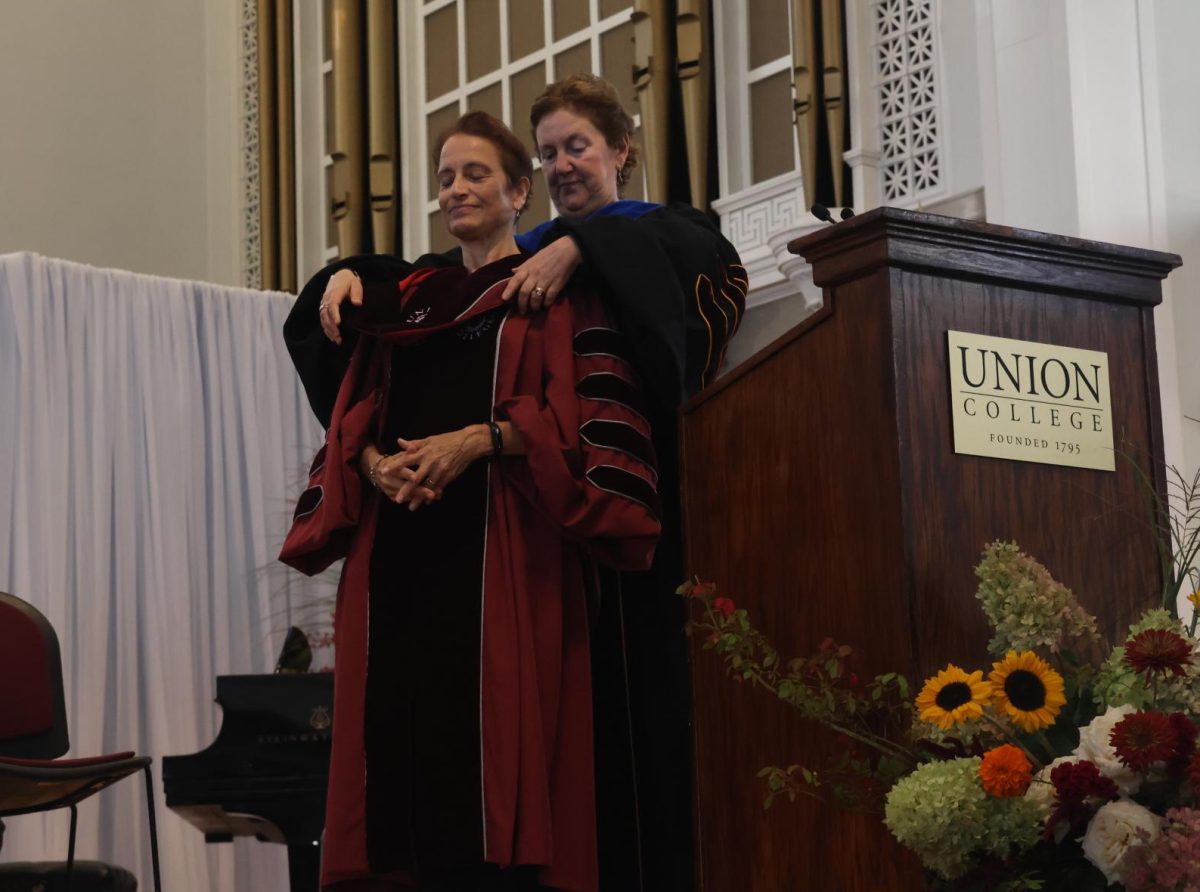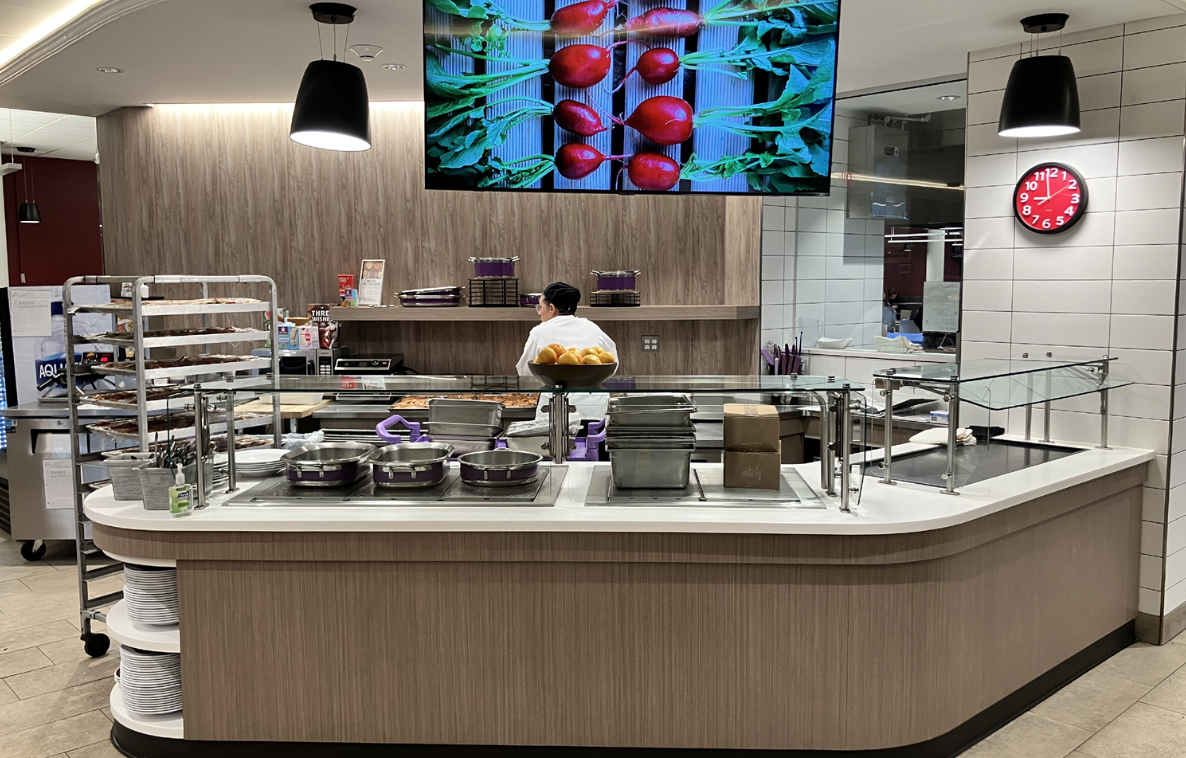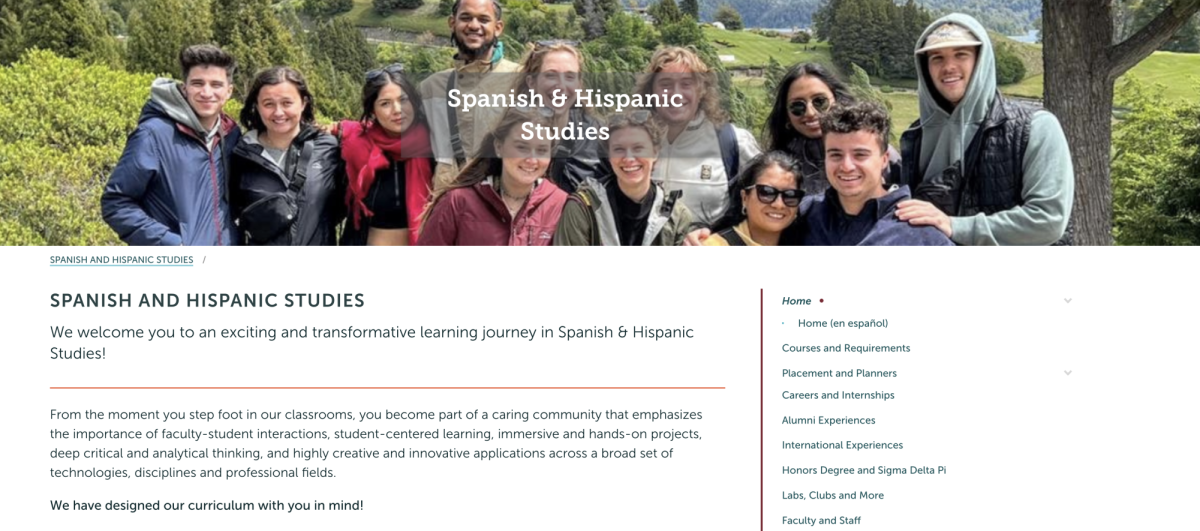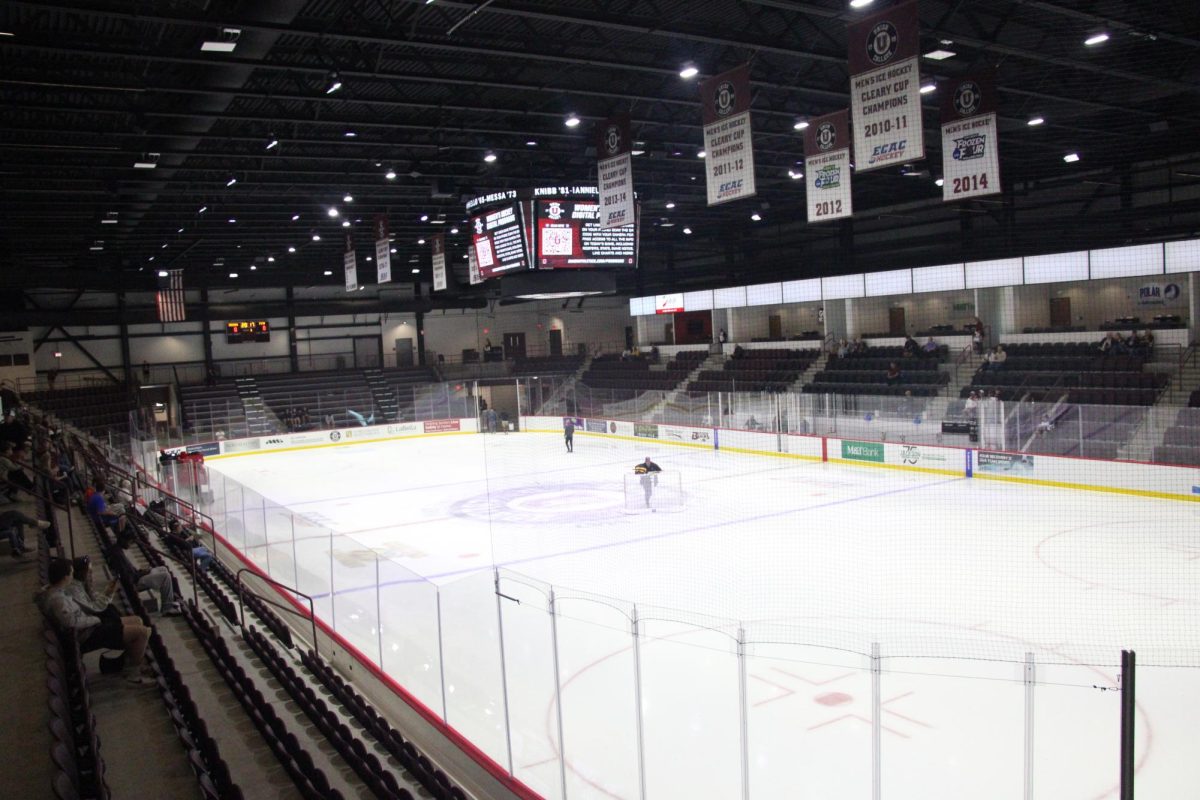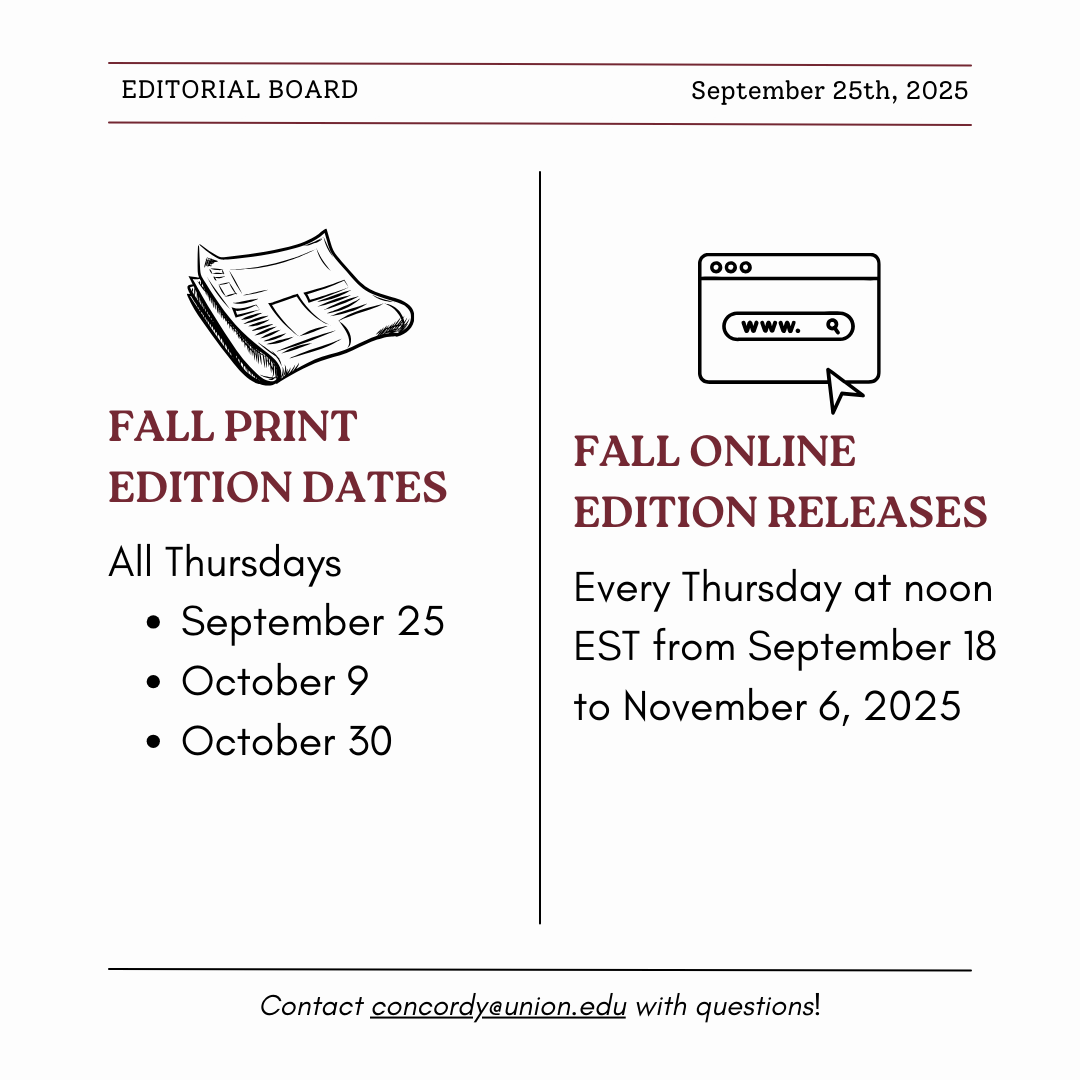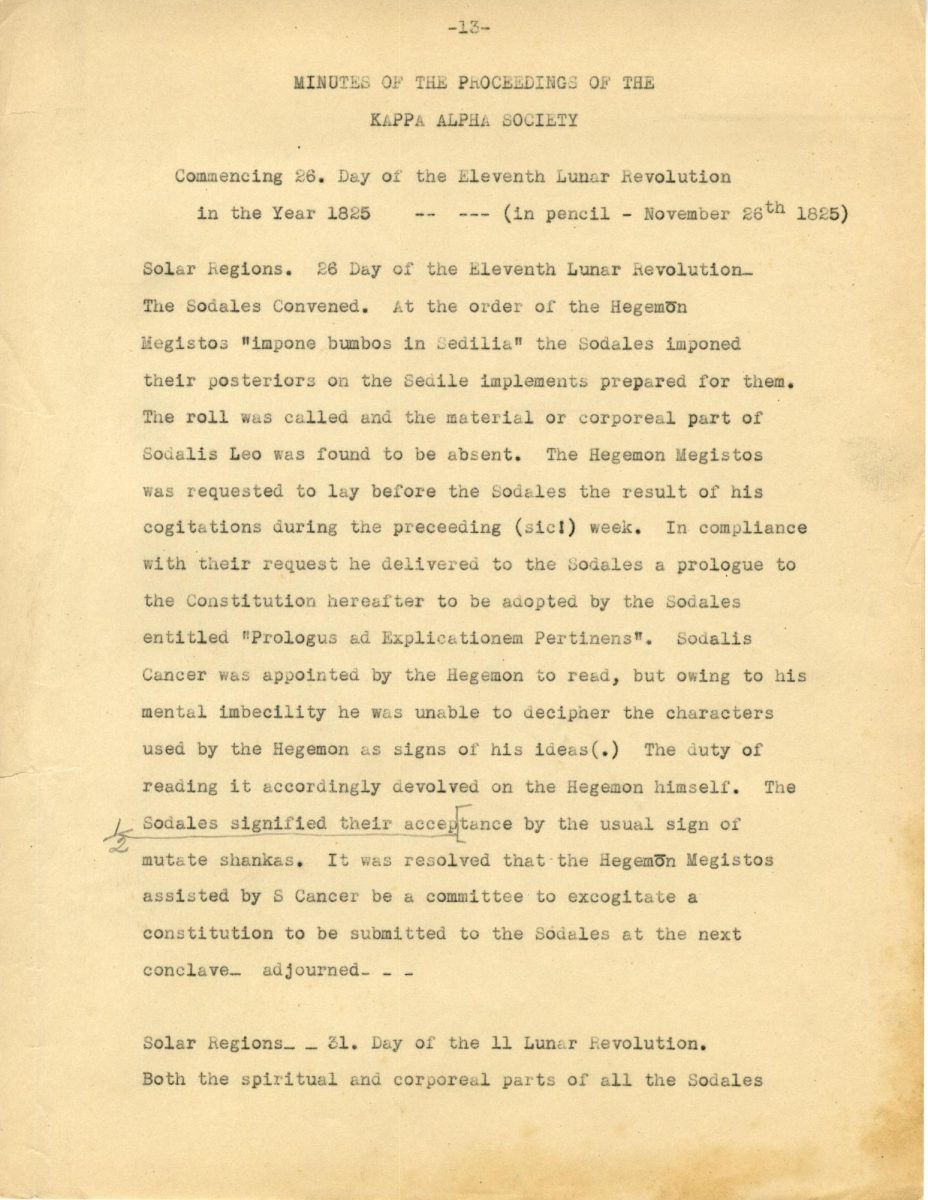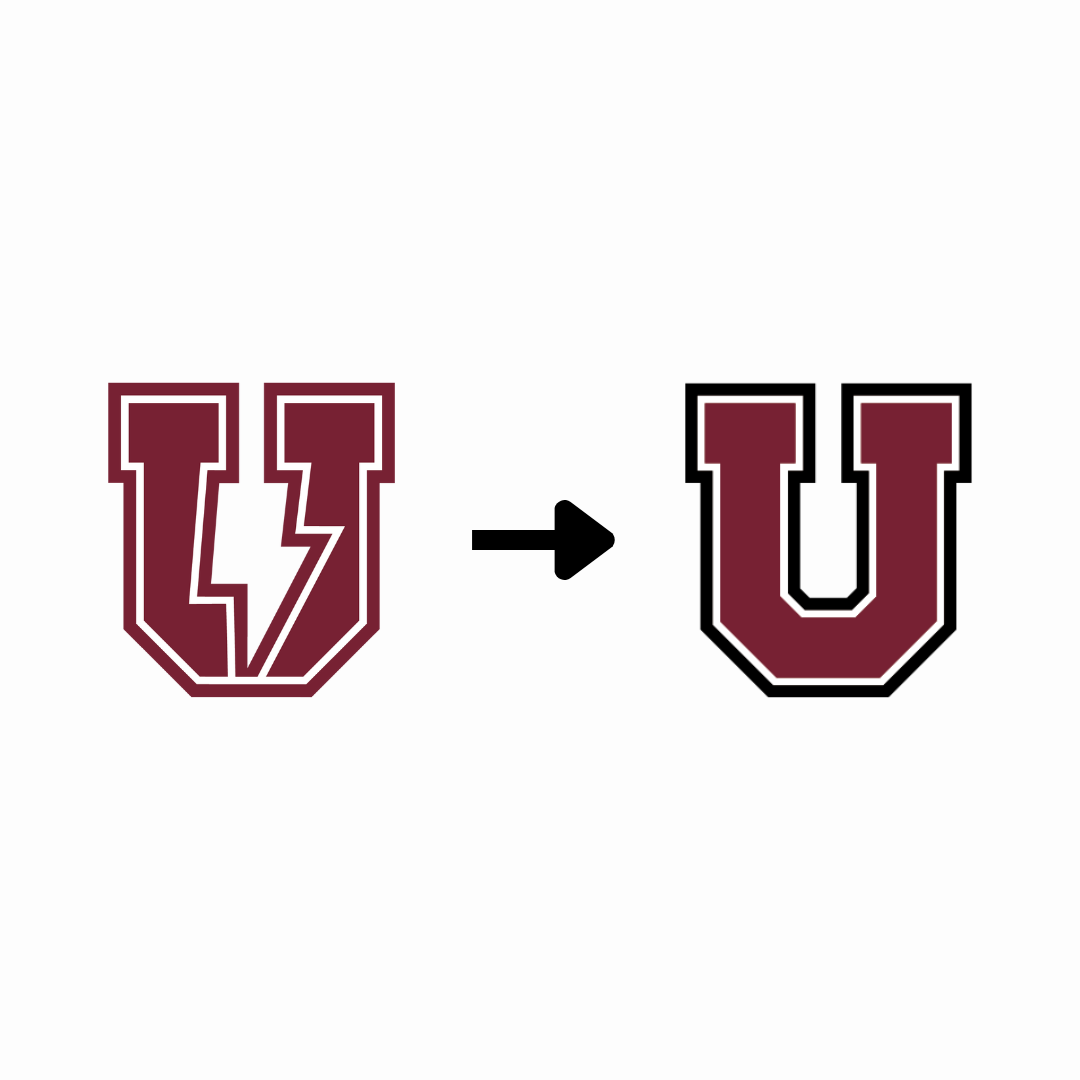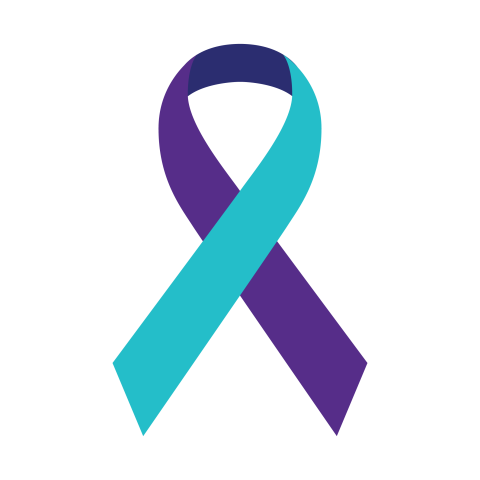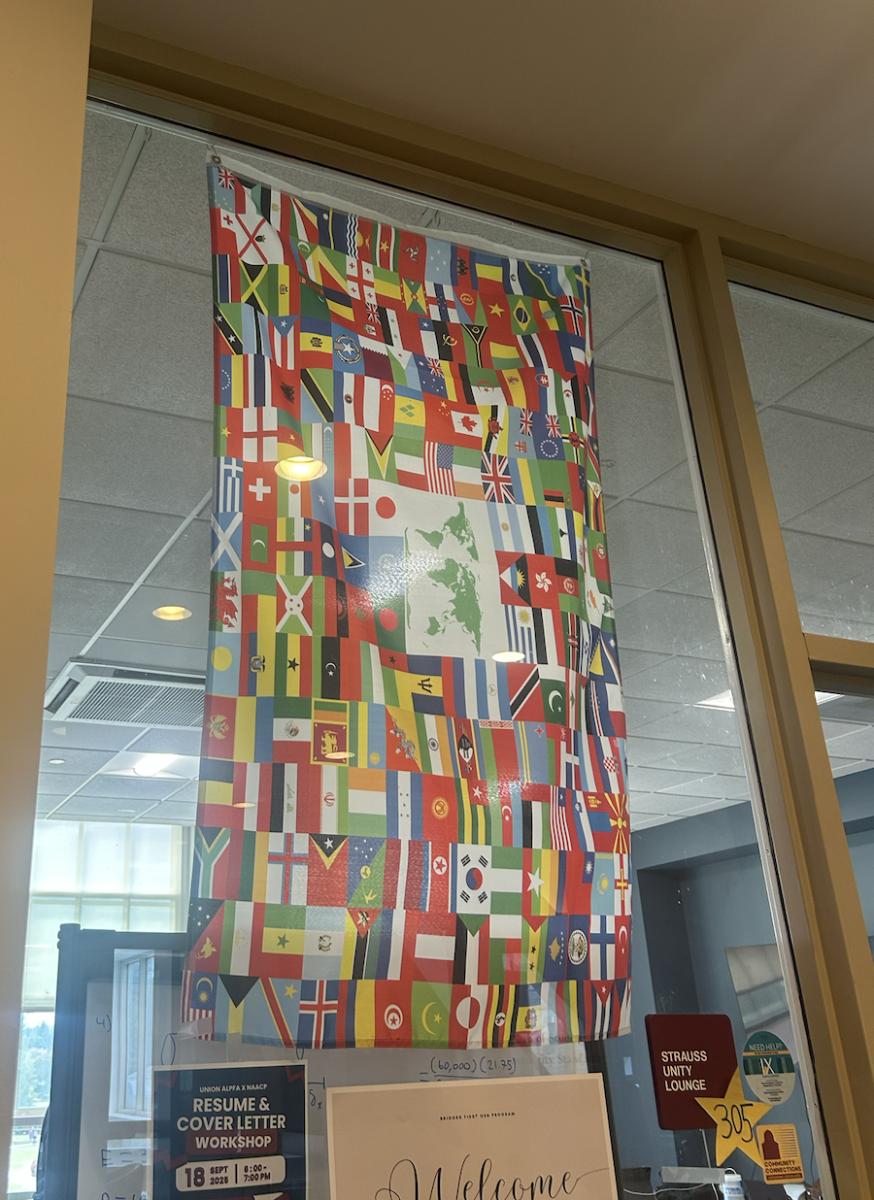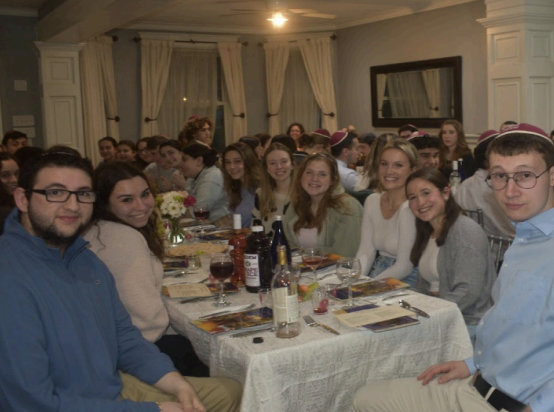
This year, Passover, a major Jewish holiday, occurred from April 5th to April 13th. Passover is a tradition where Jewish people celebrate the Israeli people’s freedom from being enslaved in Egypt. It is an elaborate religious ceremony that lasts for eight nights and days, and Jews all over the world recall their bondage as slaves in Egypt, as described in the book of Exodus in the Bible, and focus on their ability to be free wherever they are. Important parts of the holiday is the unleavened bread called “Matzah”, and the ten plagues that God was said to instill on the Egyptian people to make Pharaoh free the Jewish people. Jewish people remember the suffering they faced, and how God saved them from the land of Egypt through the many plagues that ranged from the death of the firstborn to locust.
The holiday celebrates the miracle of God in saving the Jewish people. The name of the holiday as Passover comes from the “passing over” of Jewish families during the slaying of the firstborn as part of the last of the ten plagues to free the Jews from slavery in Egypt. The Seder is a traditional Jewish ceremonial meal celebrated on Passover only during the first two nights of the holiday, and many symbolic foods like Charosot (a sweet, dark paste), bitter herbs, and matzah (unleavened bread) are used during the meals to symbolize the suffering the Jewish people faced, and the gratitude that accompanies the freedom Jewish people have today. The Seder is typically a festive meal that is an important part of Passover; it is not only for Jews to remember where their heritage comes from, but is an important mark of tradition that unites friends and family alike. At Union in particular, The Seder is a symbolic part of the holiday of Passover celebrations for many.
“We have our Hillel and Chabad Seders. I keep kosher for Passover and Hillel gives us dinners that are kosher. I also keep in my mind the struggles our ancestors went through,” Peter D’Agata ‘25 remarked.
For many Jewish students at Union, the Seder meals provided by the Jewish organizations of Chabad and Hillel, provide a cornerstone for Jewish growth and a way to connect to their Jewish roots during Passover. These festive meals gain big attraction and are able to allow students to feel at home at Union during Passover. Many of the traditions and rituals practiced at home for students during Passover take place at these Union Seders.
For Frederick Horowitz ‘26, Passover at Union means, “I attend the seders that Chabad and Hillel put on. I also don’t eat bread or wheat or any of that stuff. I find the experience valuable.”
In addition to attending the meals offered by Jewish organizations on campus, many students adhere to strict eating rules during the holiday of Passover and can be limited in their dining options. Places like Hillel and Chabad are able to provide the necessary meals (lunches and dinners) to allow these students to observe the holiday meaningfully.
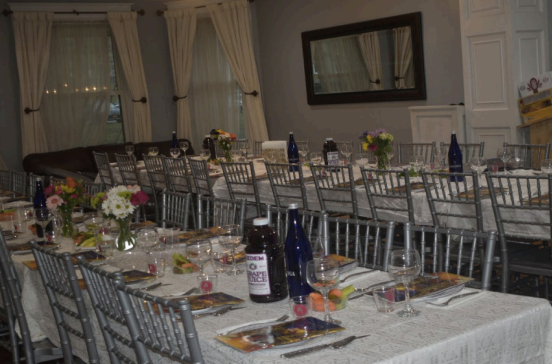
Hillel has a room in West College’s first floor and frequently hosts “bag
el brunches” on Sundays. Students can learn when these occur via Union’s UEngage website.
This article was originally published in the print edition of Concordiensis on April 13, 2023.


